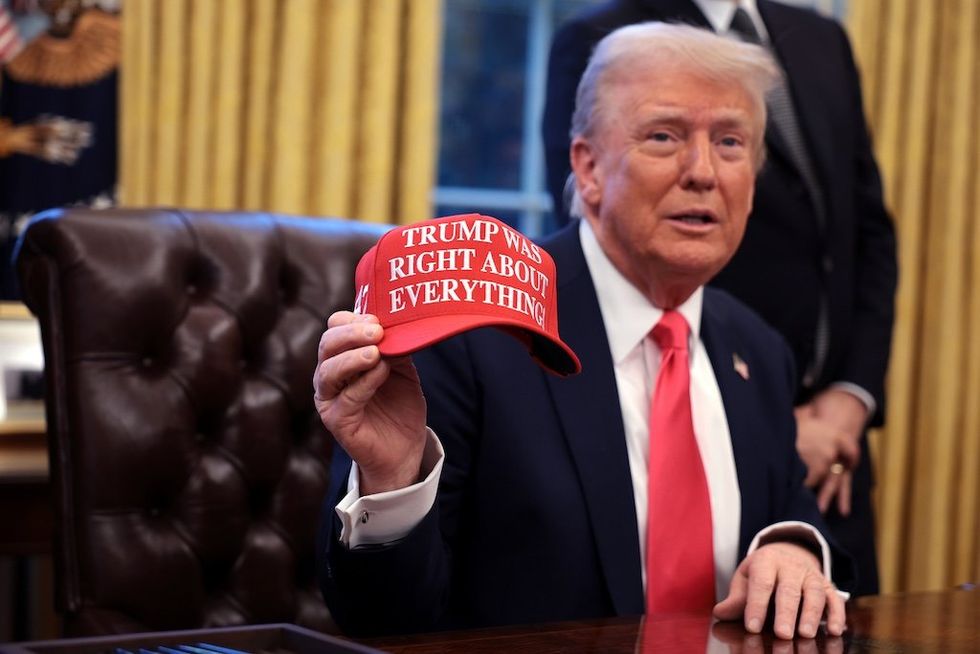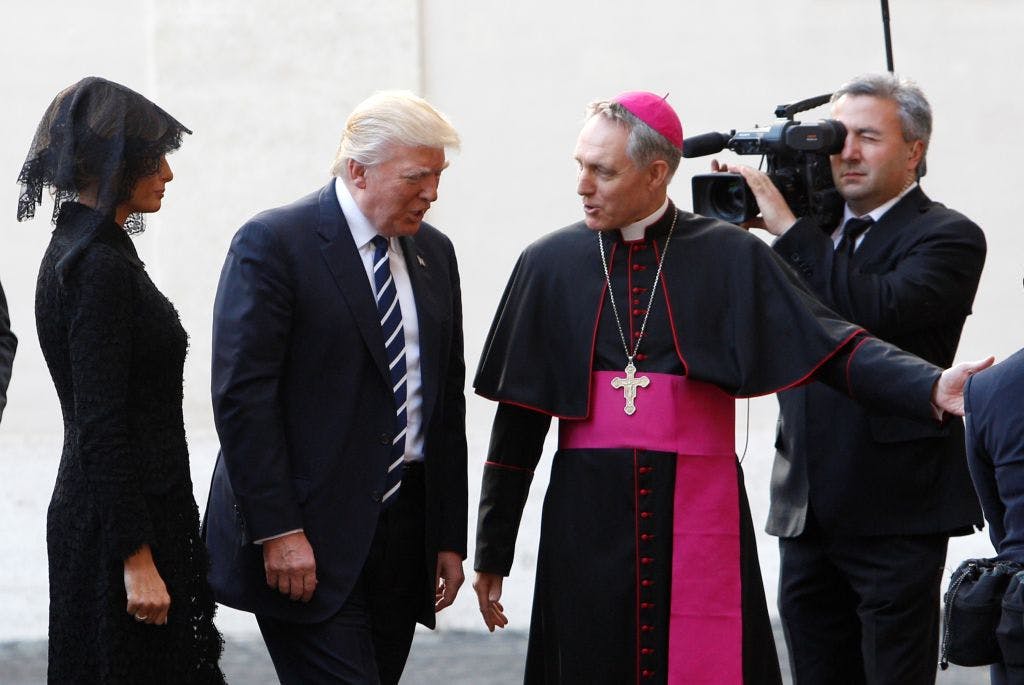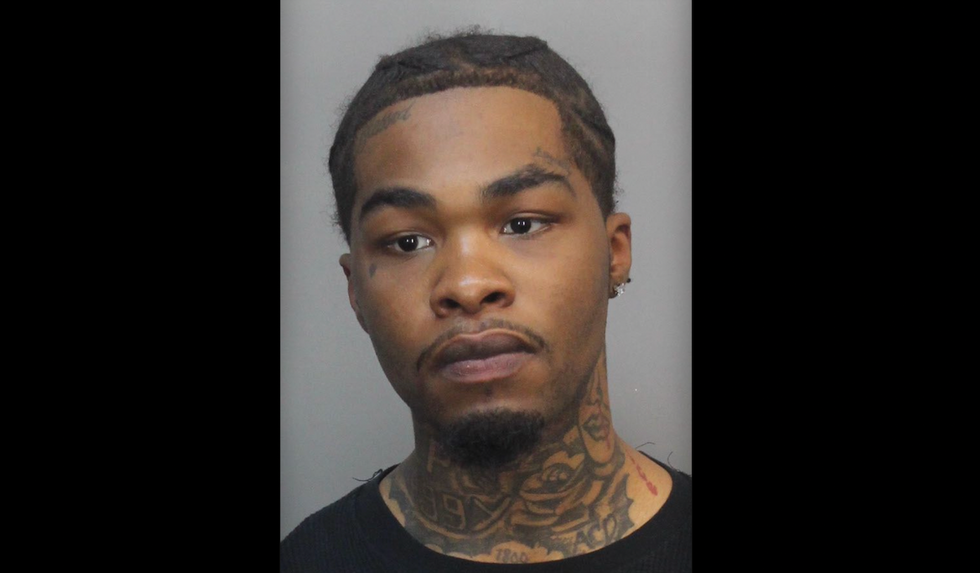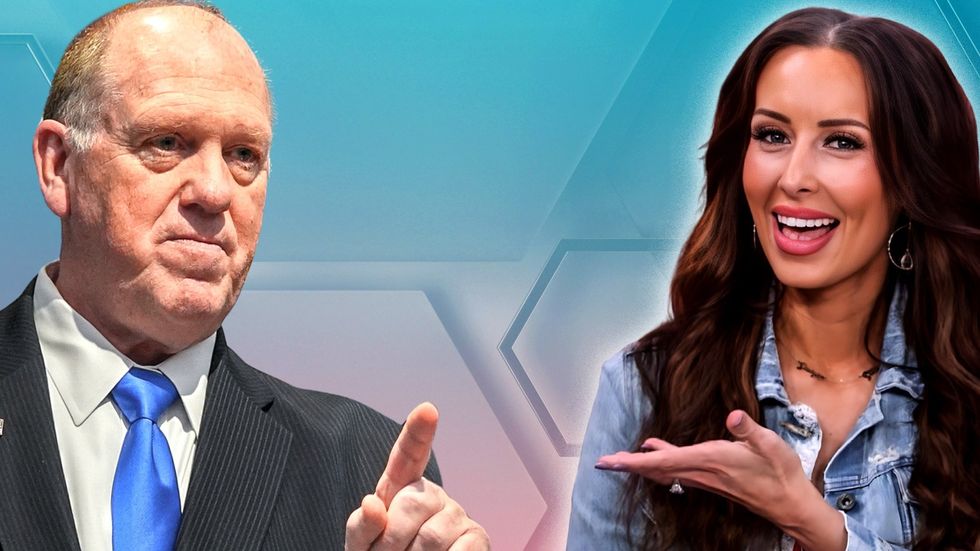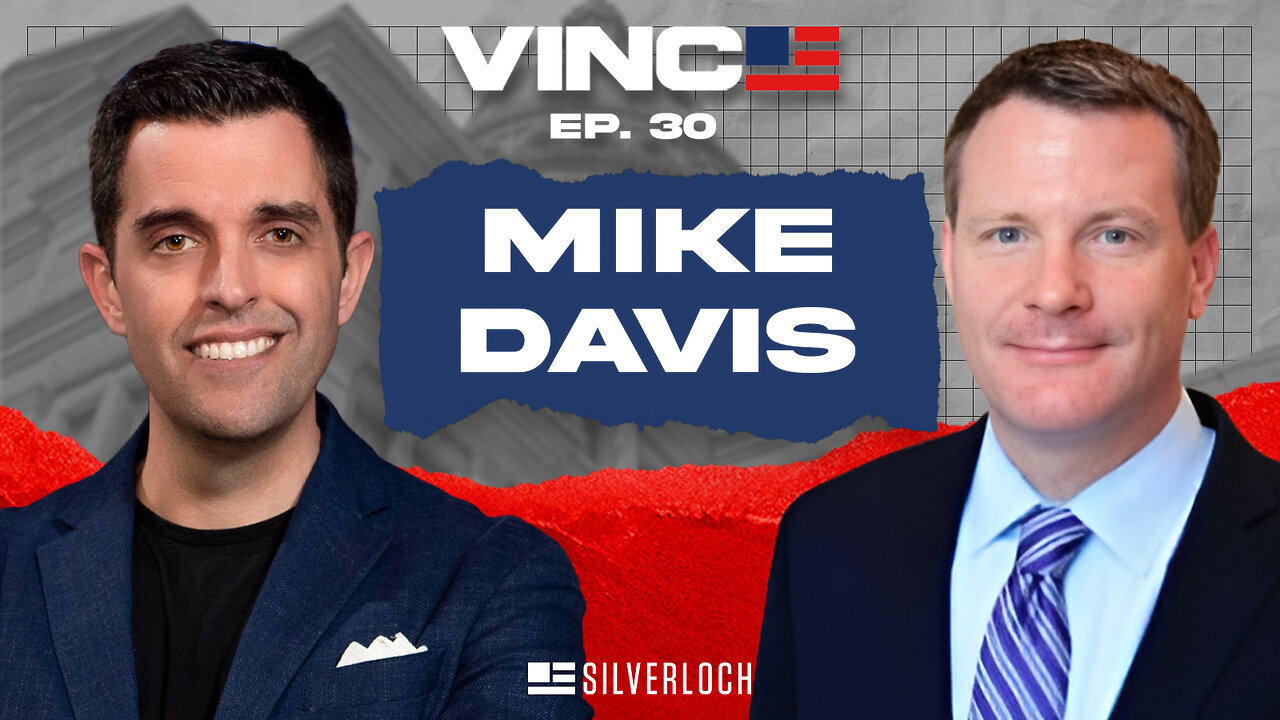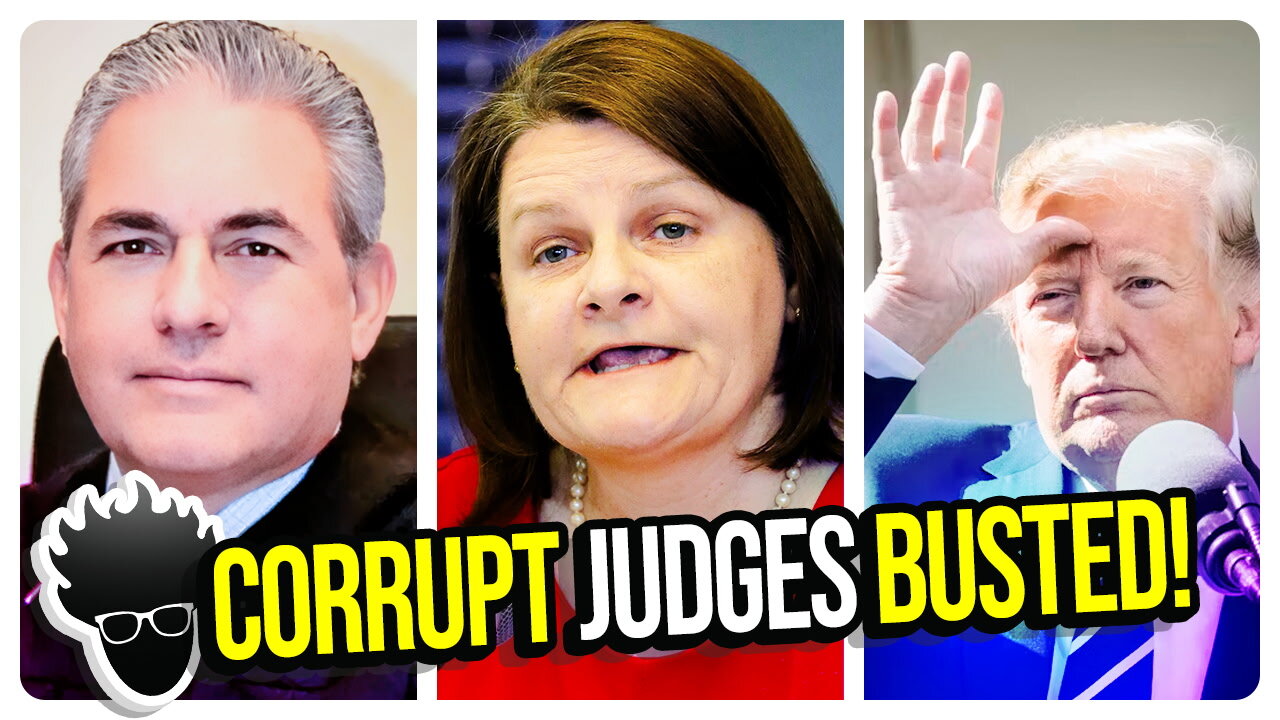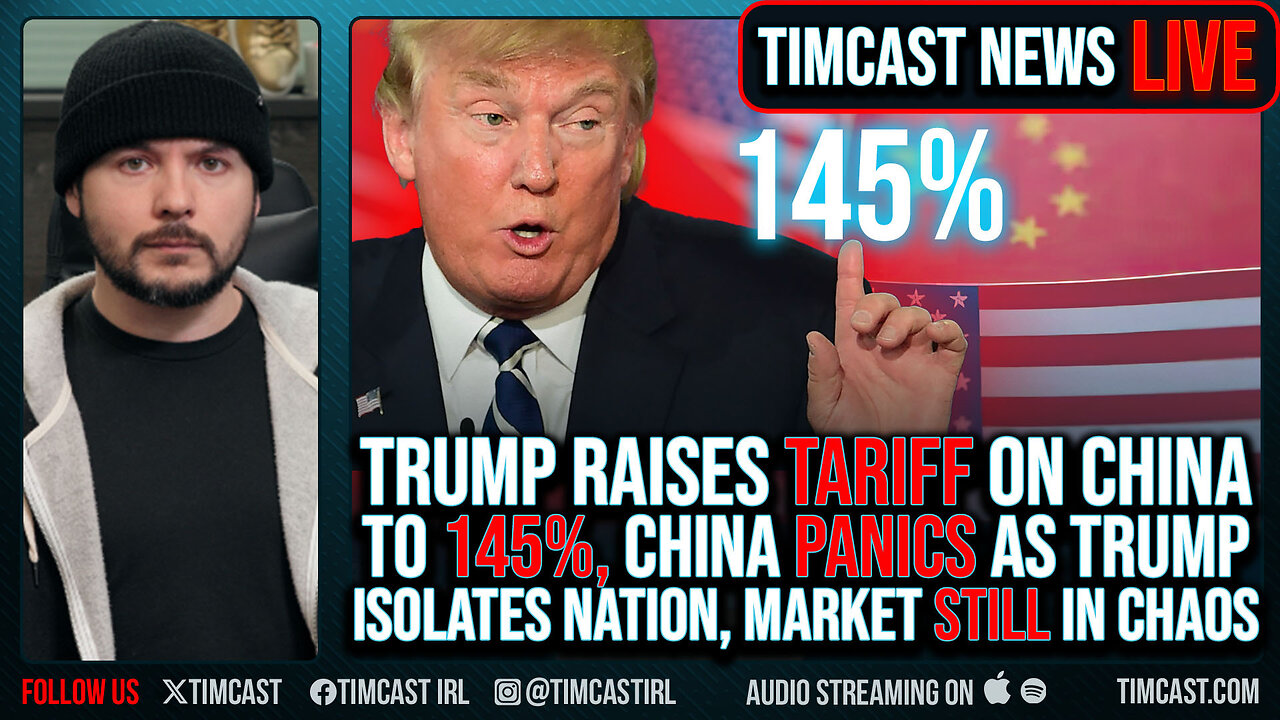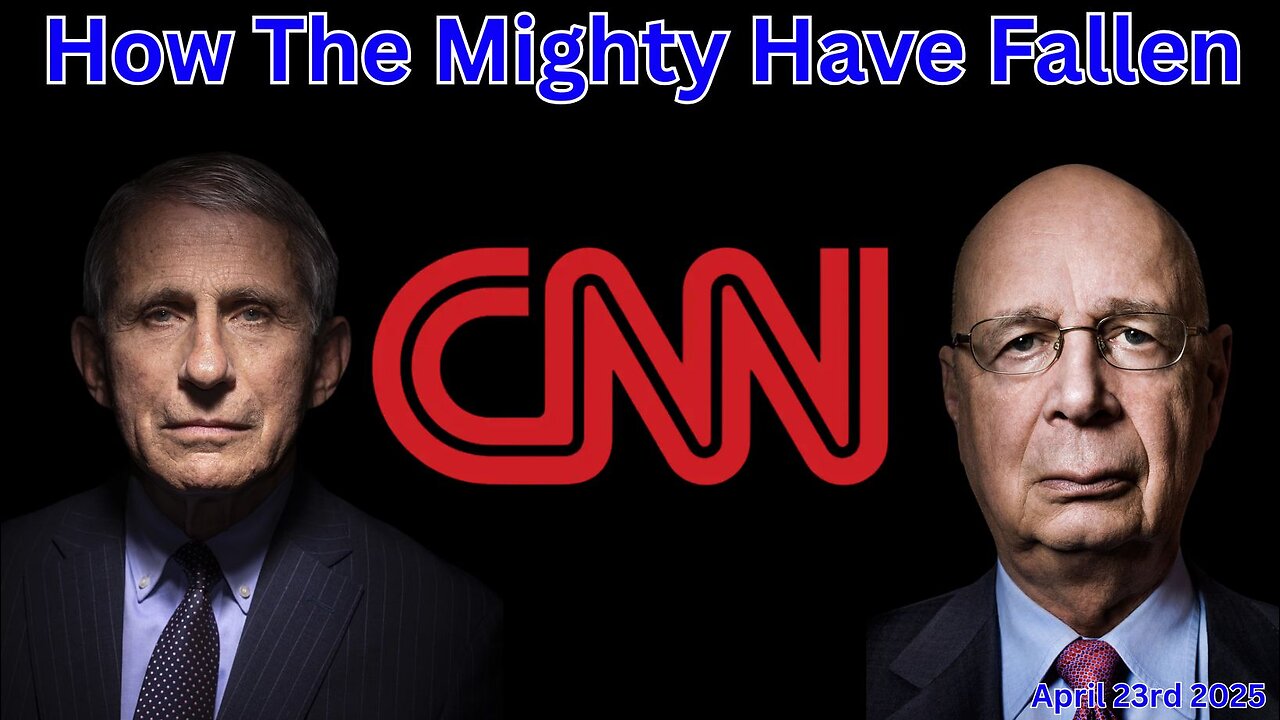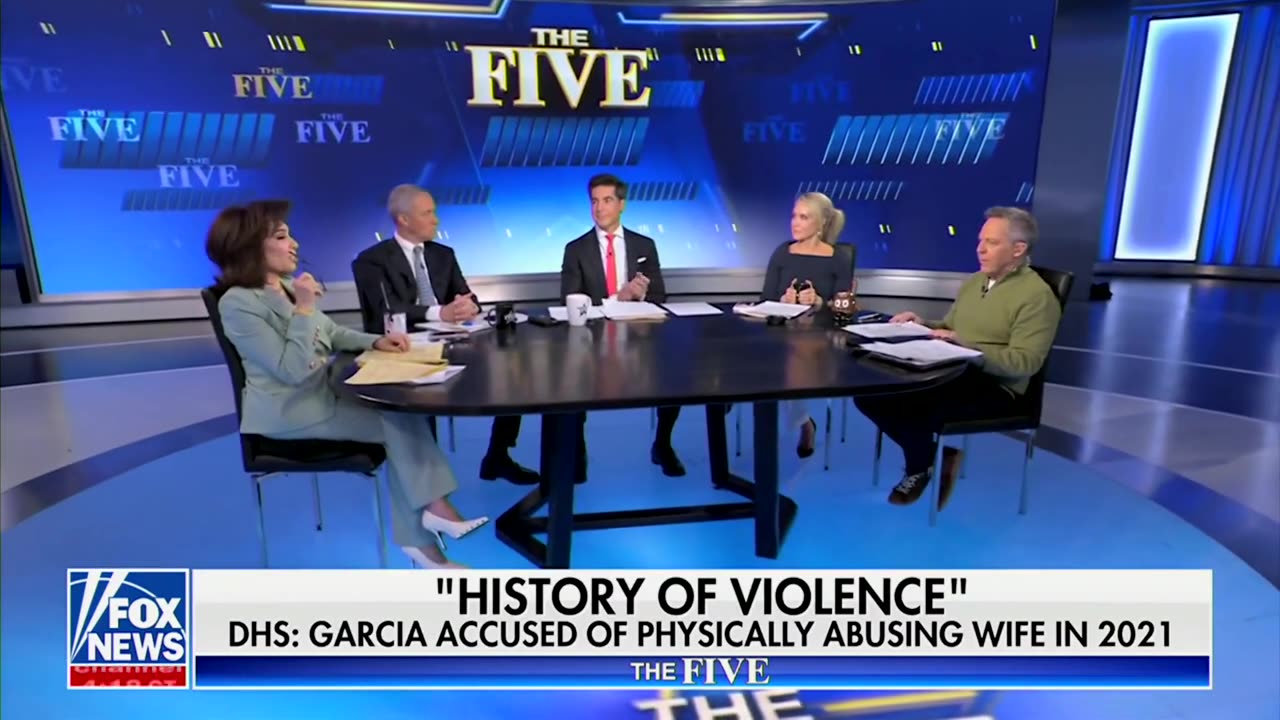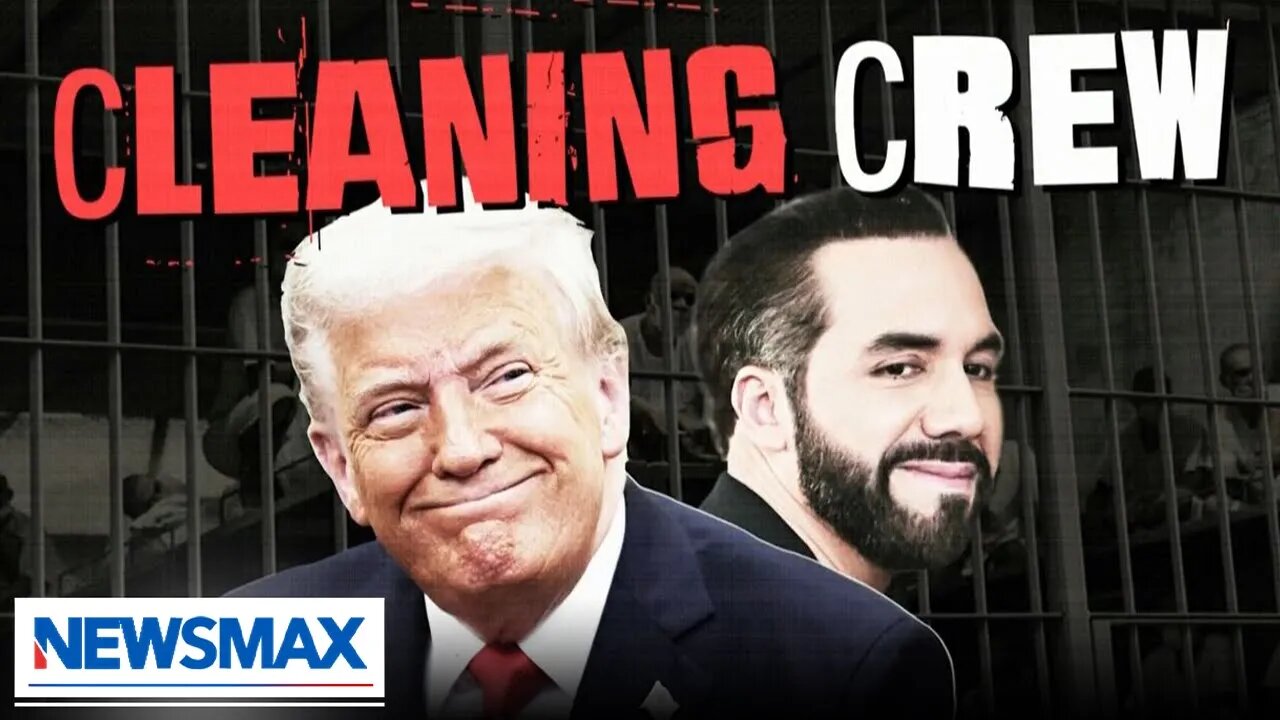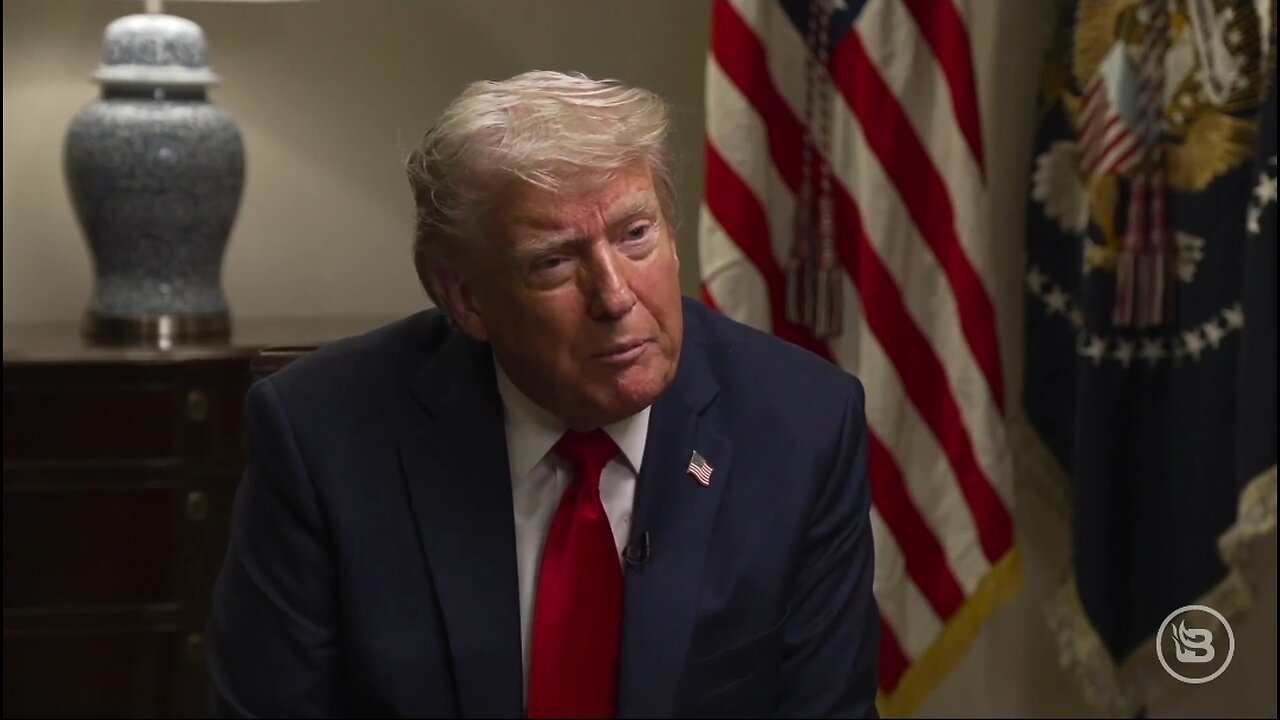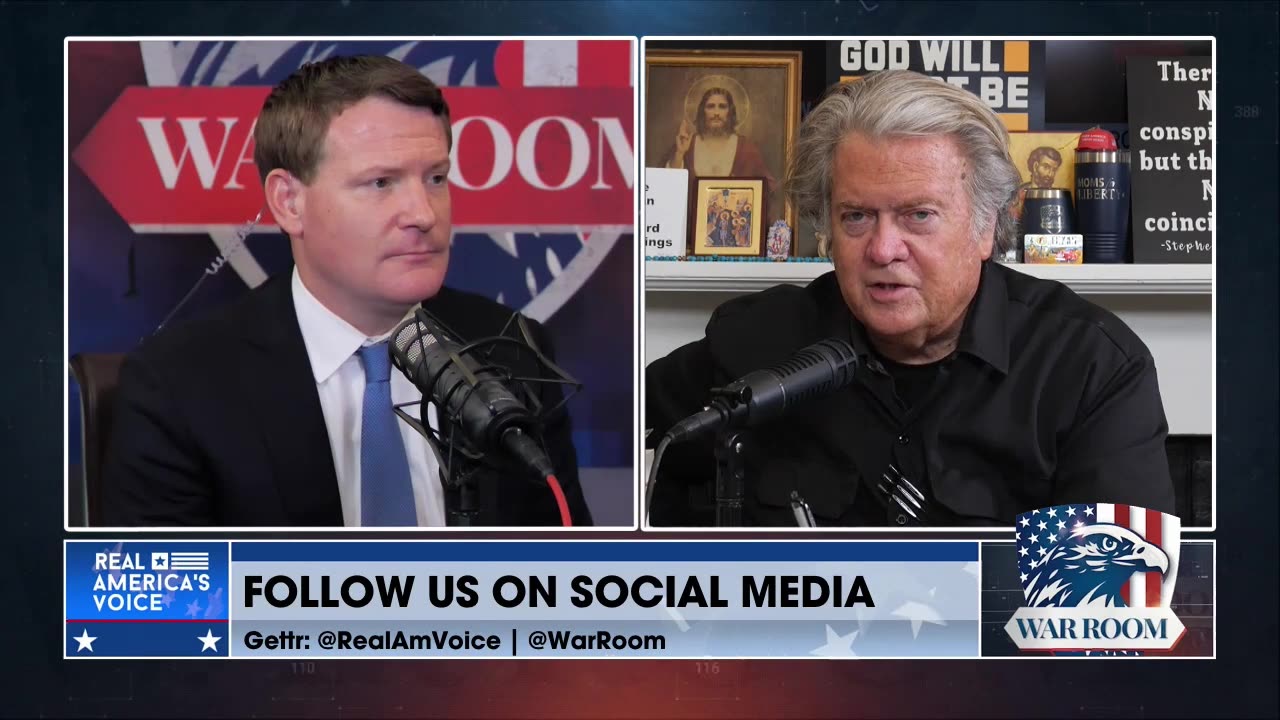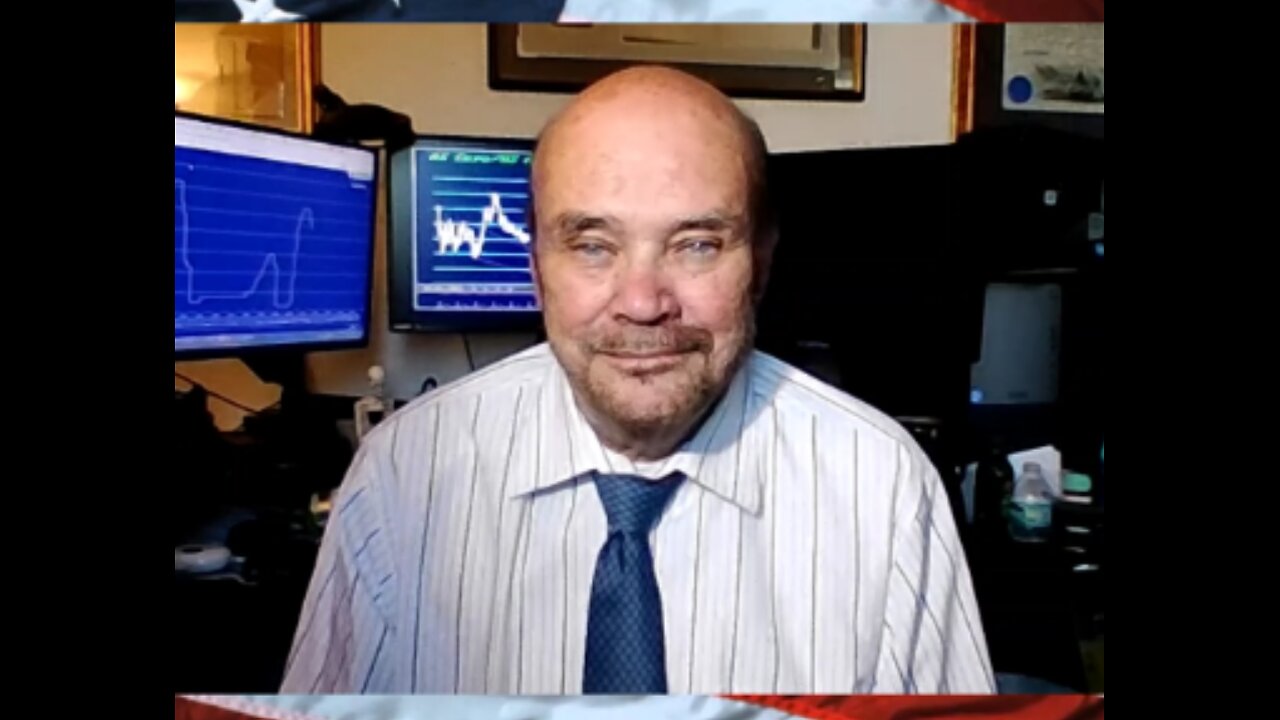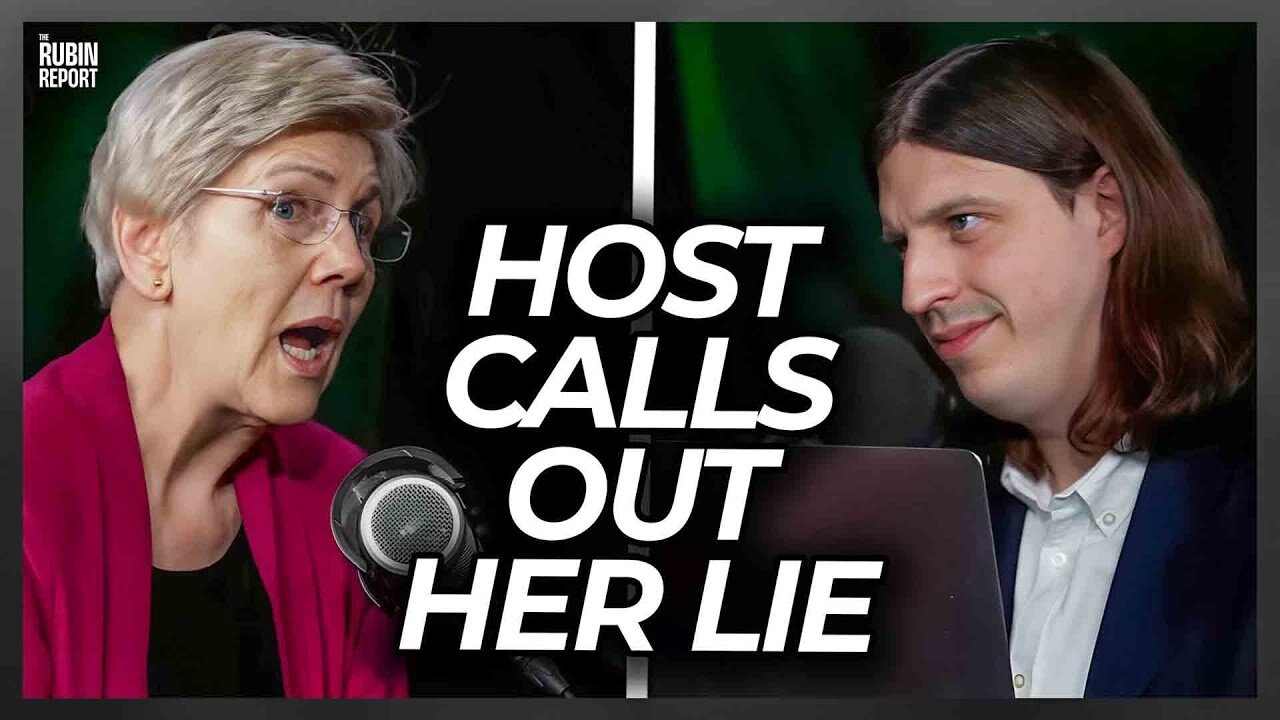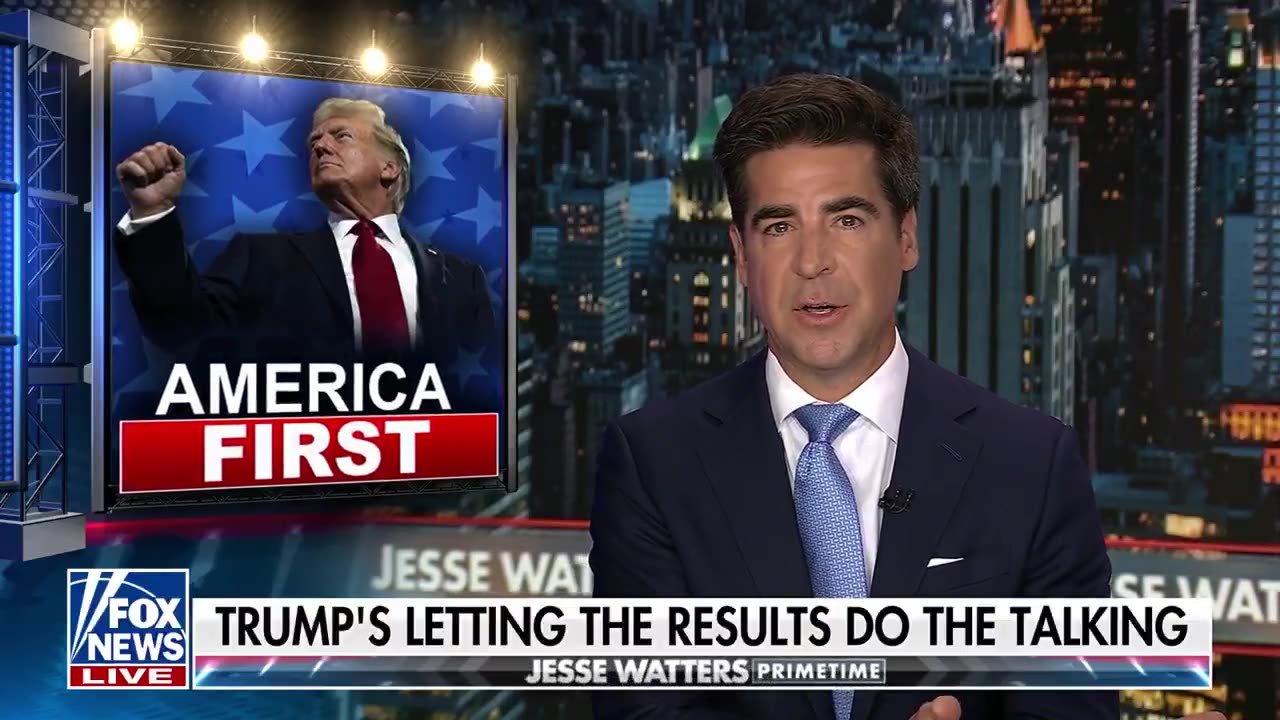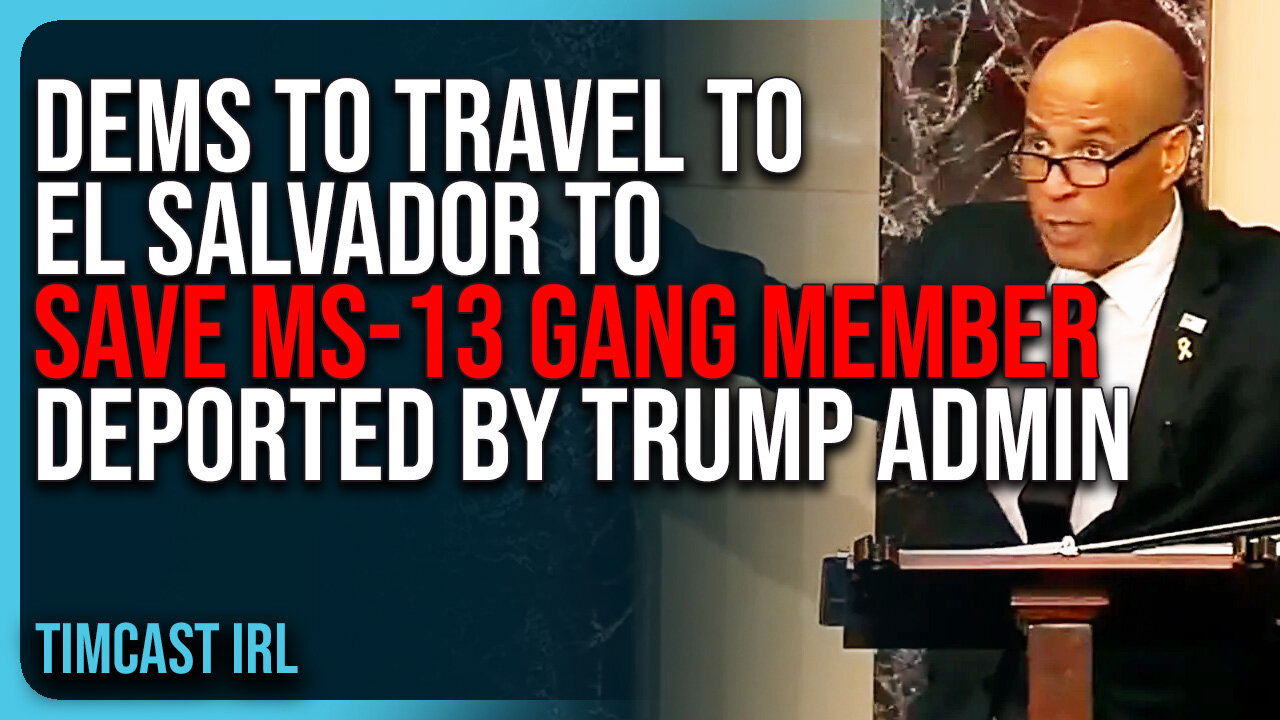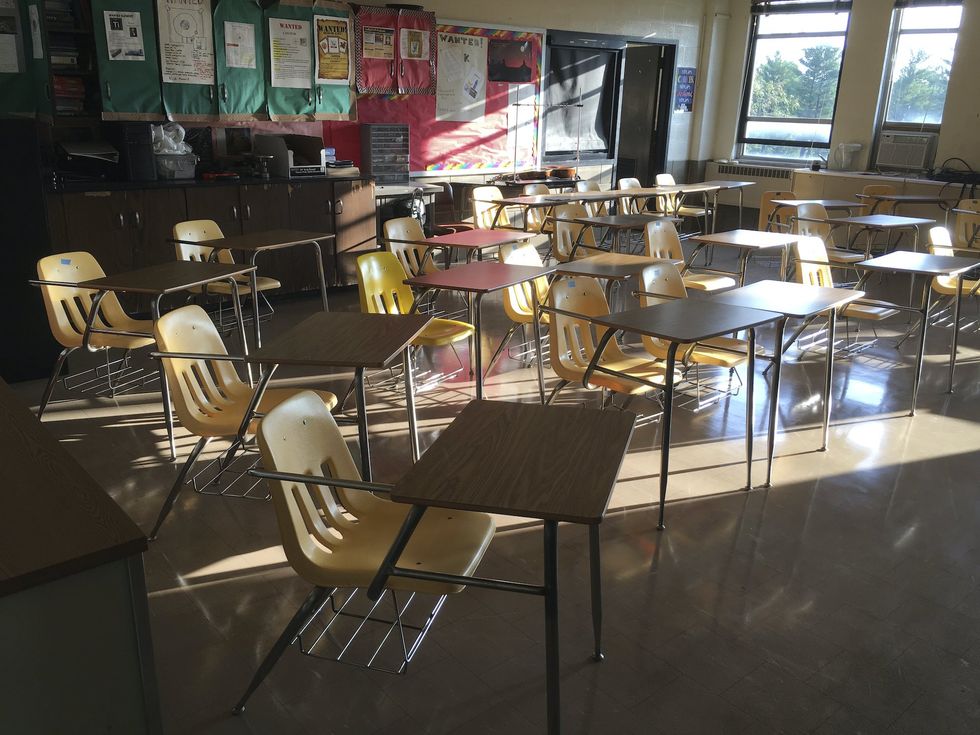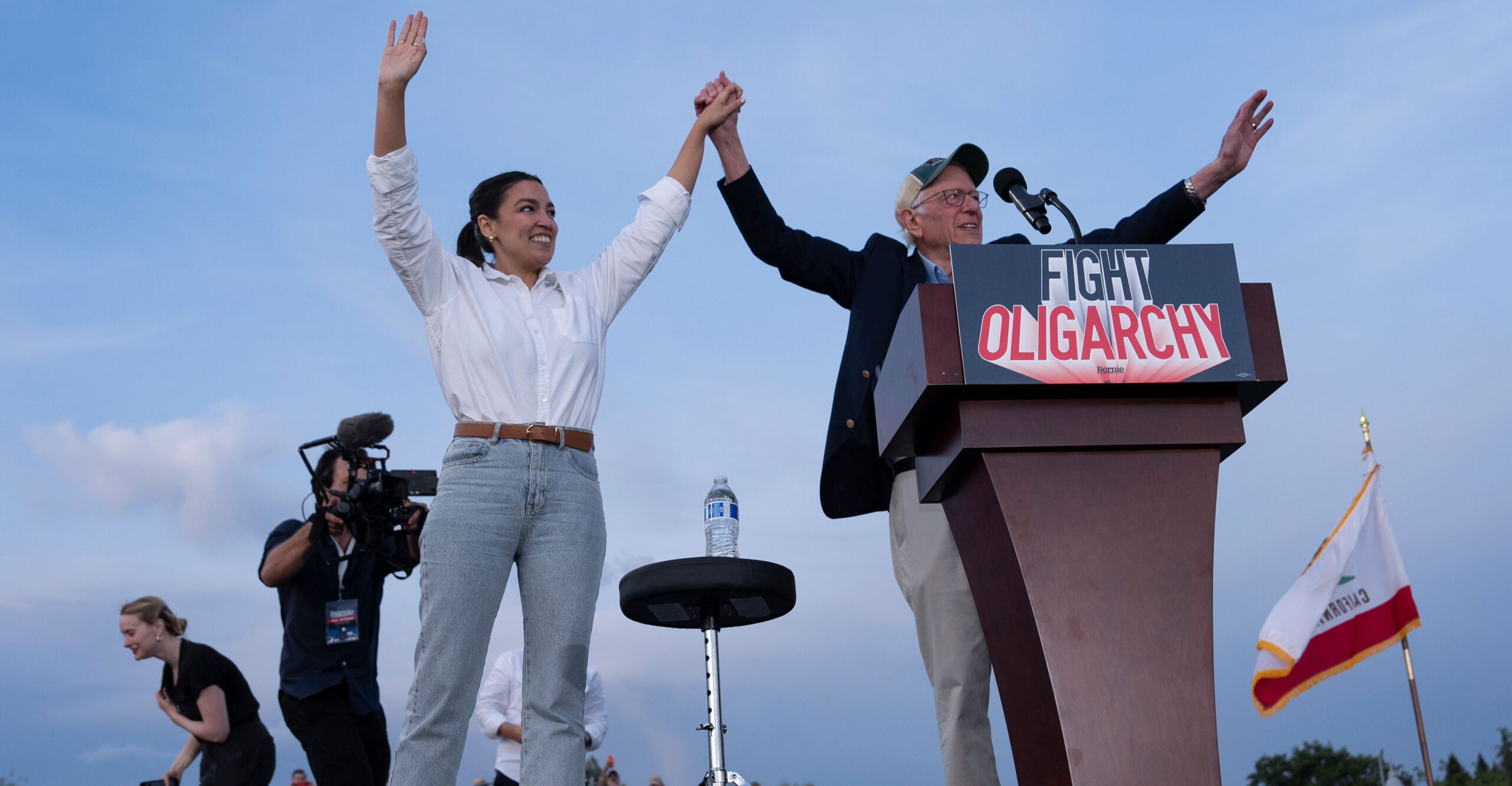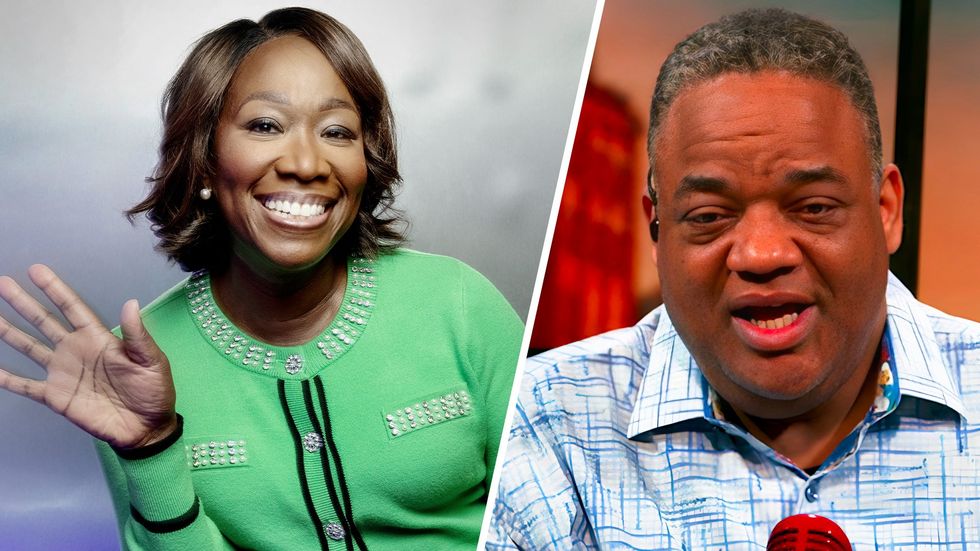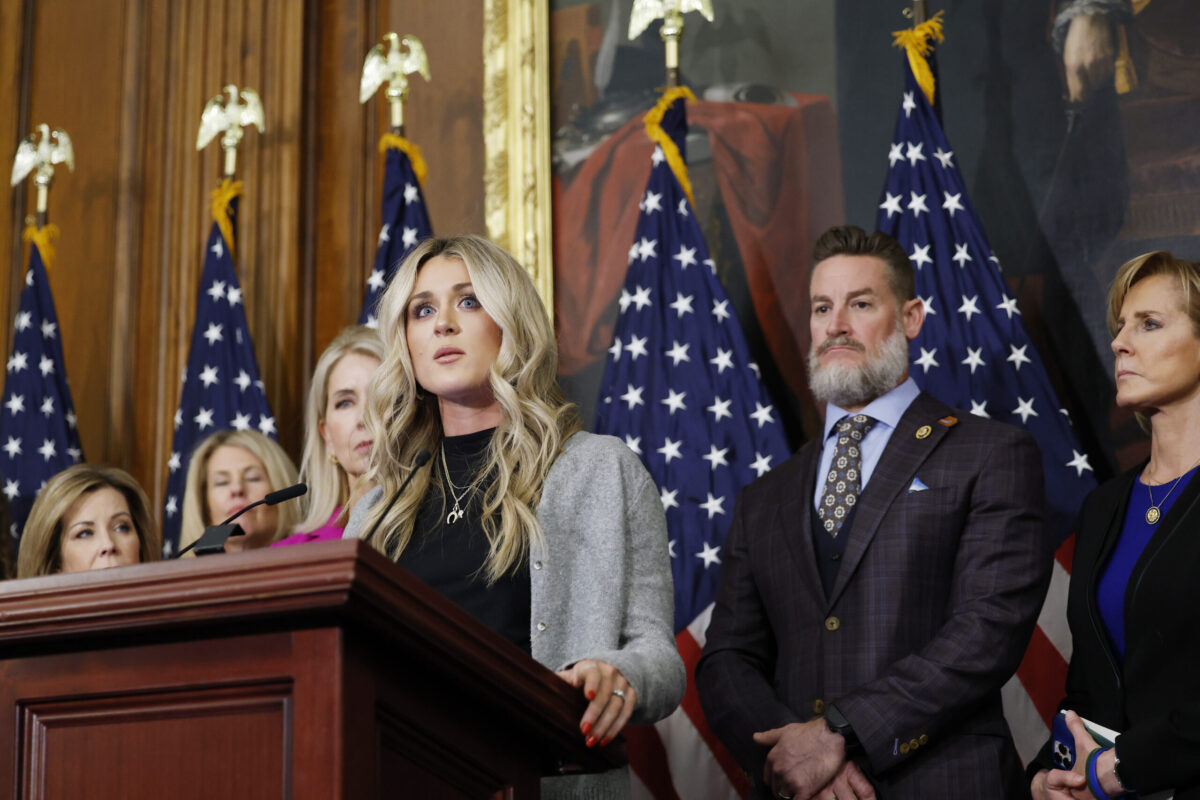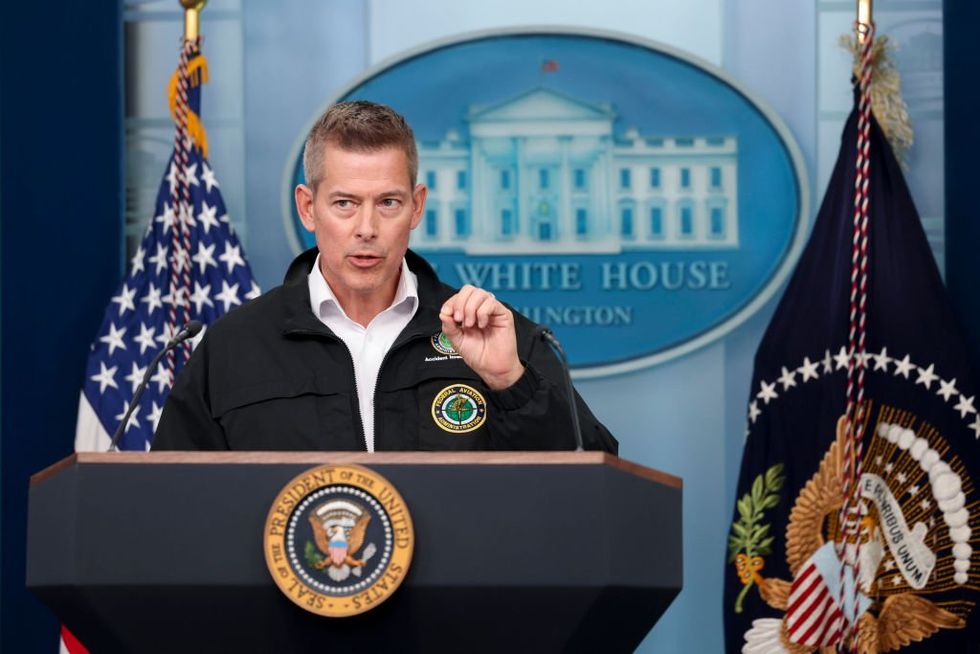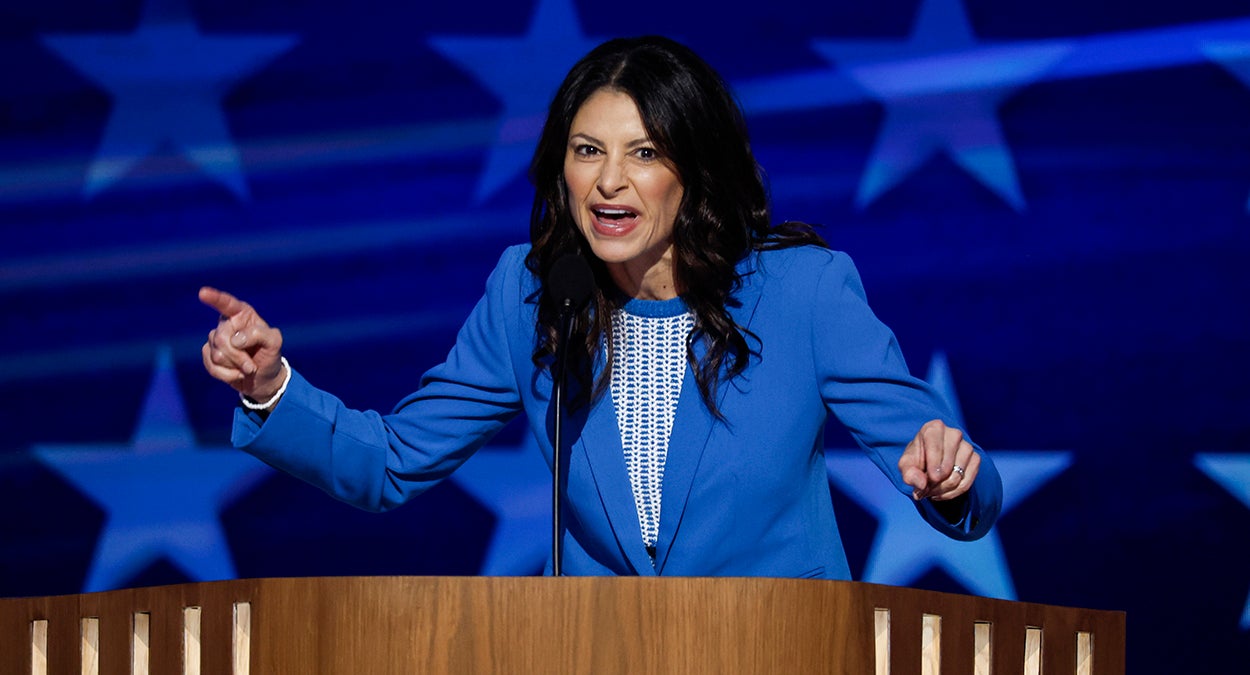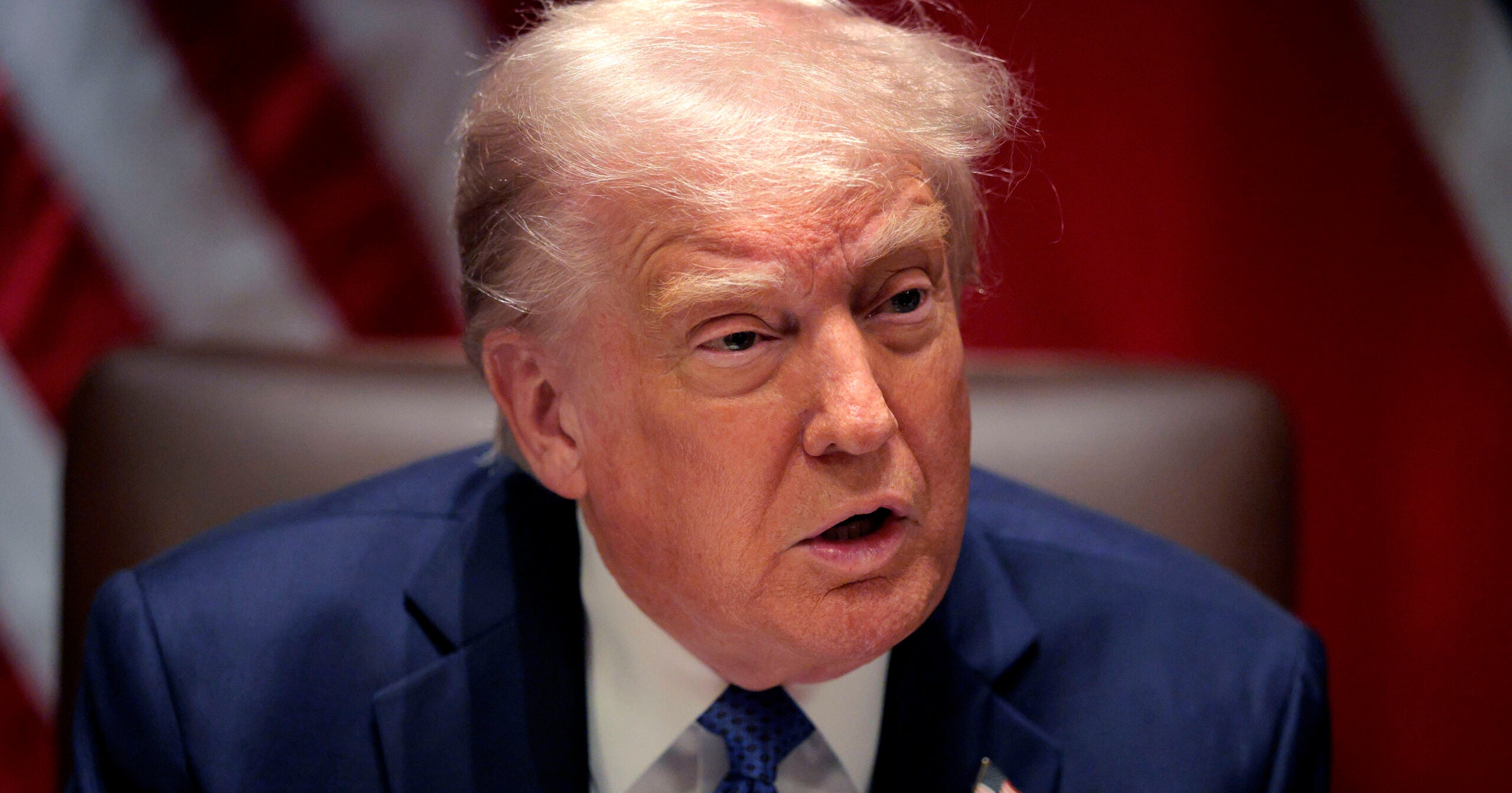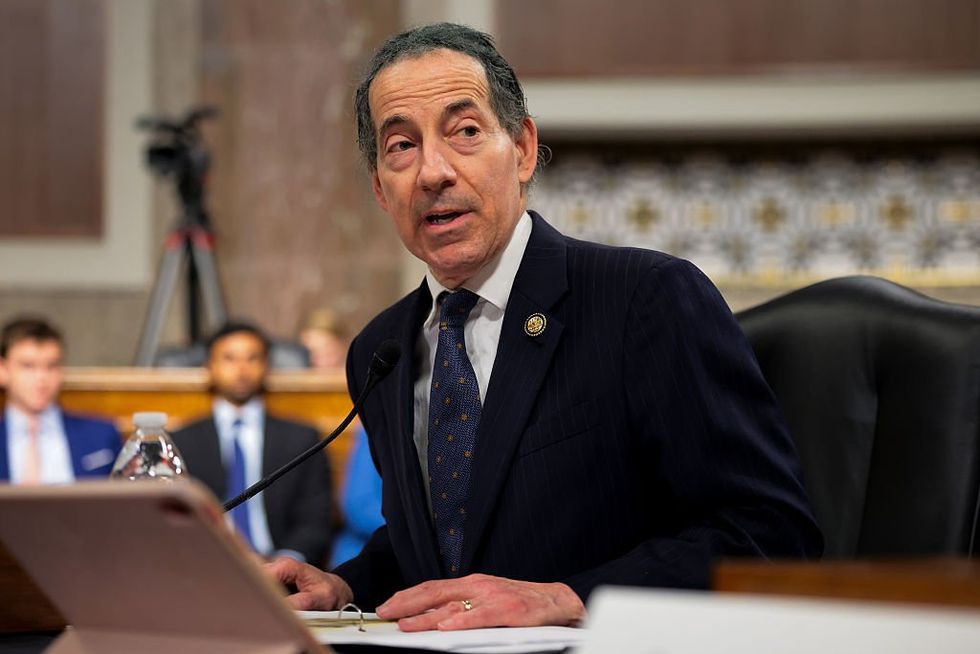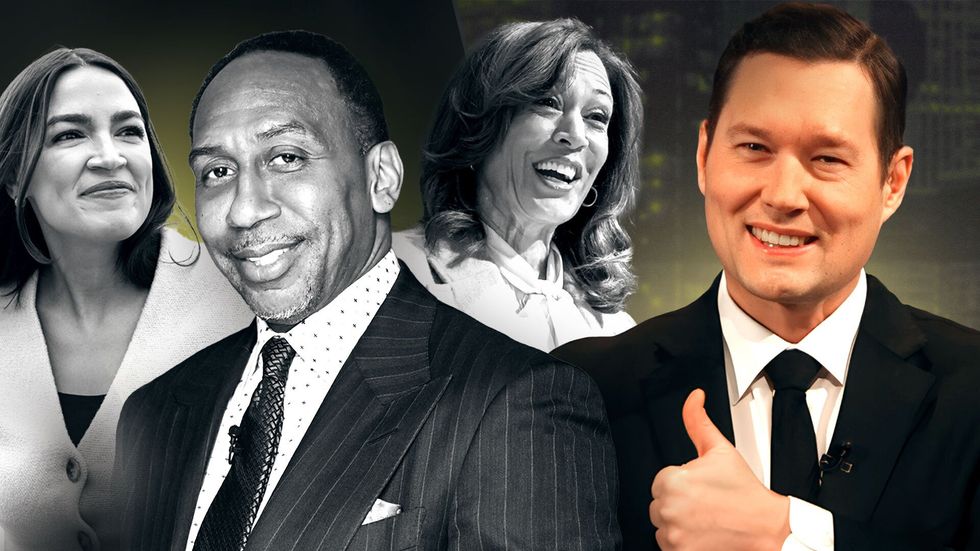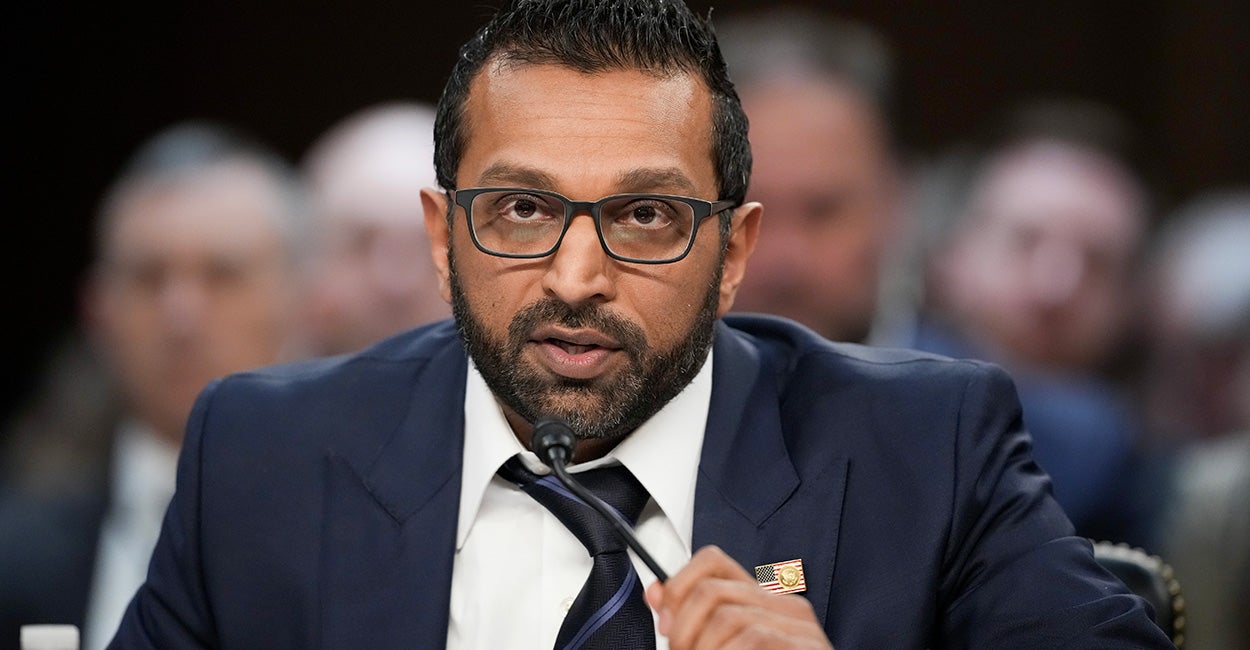The More Democrats Go to Church, the More They Look Like Republicans: Study
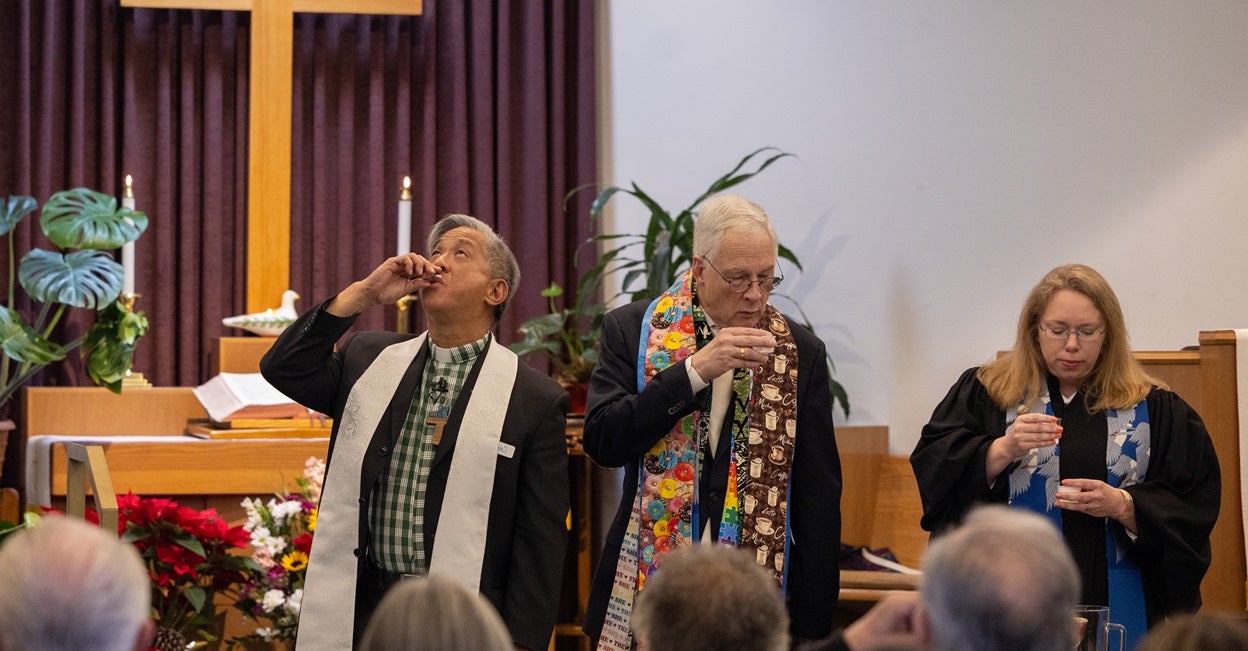
The more often Americans attend virtually any Christian denomination, as well as Jewish services, the more likely they are to adopt conservative political views, according to a recent statistical analysis. “The more Democrats go to church, the more they look like Republicans,” states the study.
“Being politically liberal and being highly religious are just not compatible,” wrote Ryan Burge, an associate professor of Political Science at Eastern Illinois University and research director for Faith Counts. “Among white people who never attend: 45% are liberal. Among weekly+ attenders: 11% are liberal. That same pattern is there for every single racial group.”
Even attending church only once a year moves Americans further to the right of the political spectrum: More than one-third (36%) of annual church attendees are conservative, while one in four is liberal. More regular attendance makes believers more conservative. Only 4% of weekly churchgoers hold “very liberal” political views, while 23% are “very conservative” and another 29% are conservative.
Regularly attending church services displaces social theories, such as critical race theory, with a belief that individuals bear the moral responsibility of their own actions, the analysis discovered. Both Republicans and Democrats who congregate more than once a week are roughly twice as likely as those who never attend to agree with the statement, “God is more concerned about individual morality than social inequalities.” Registered Independents experienced a greater change of heart yet.
“What is really stunning is the fact that even among Democrats, going to church more makes them more likely to believe that individual morality is more important to God than societal problems,” wrote Burge. “In other words, the more Democrats go to church, the more they look like Republicans.”
The trend held true across most ethnic groups, as well as religious groups ranging from Roman Catholicism and the 20 largest Protestant denominations to the Church of Jesus Christ of Latter-Day Saints and Judaism.
Not only do Baptists and Church of Christ attendees find themselves growing more conservative politically, but so do members of the liberal Presbyterian Church and the liberalizing United Methodist Church.
Only two of the largest Protestant denominations defy the trend’s general contours: The more frequently people attend the Evangelical Lutheran Church in America and The Episcopal Church, the more liberal their politics become. Burge noted that both churches put together have less than half the membership of the conservative Southern Baptist Convention.
Burge’s previous research identified Episcopalians as the most politically active religious denomination. But overall, “atheists are the most politically engaged ‘religious’ category,” when compared to all Christians.
In his latest study, Burge learned that among Jews who never attend synagogue, “over half say that they are liberal (54%), it’s half that rate (27%) among Jews who are at synagogue multiple times a week.” He did not specify if that betrays a difference between such liberal branches of Judaism as Reconstruction and Reform and Orthodox Judaism.
“I think it’s fair to say that there’s no real relationship between liberalism and frequency of attendance among Muslims, Buddhists, and Hindus,” stated Burge.
The most recent analysis built on previous research from Burge himself, as well as other religious scholars. “While the study finds the most liberal politics among adherents of particular ‘liberal’ religious groups rather than among the unaffiliated, it largely fails to find forms of religion where exposure is associated with liberal politics. In fact, exposure to even ‘liberal’ religion is generally associated with more conservative politics,” concluded sociologist Landon Schnabel of Cornell University in a study published in November 2023 in the Journal for the Scientific Study of Religion. “[E]ven liberal religion appears to conservatize the public.”
Burge previously found that secularists vote for Democrats, while churchgoers vote Republican. “Democrats are making gains in areas where religion is fading,” wrote Burge, “and Republicans are increasing their vote share in places where houses of worship are gaining new members.” Polling data bear this out. Two-thirds of Democratic voters said they “never” attend religious services, according to CNN’s exit polls in the 2022 midterm elections. Exactly the same percentage of Republicans said they attend church “weekly or more” often.
“While such a finding might have been surprising a few years ago, it is unsurprising in the cultural and political climate of 2025,” David Closson, the director of Family Research Council’s Center for Biblical Worldview, told The Washington Stand. “Today, many of the key political debates revolve around issues tied to creation order. Consider, for instance, the ongoing gender debate. Twenty years ago, the idea that society would question something as fundamental as the distinction between male and female would have seemed unimaginable. Equally shocking would have been the notion of debating the moral permissibility of medically altering children in the name of gender ideology.”
“In essence, these debates now center on ontology—the very nature of being,” Closson continued. “Christianity offers clear and unambiguous teachings on these issues, including the nature of reality and gender. This clarity provides a framework for understanding and addressing such foundational matters.”
“As a result, it is logical to observe a direct relationship between church attendance and conservative political positions. Regular exposure to clear biblical teaching about creation order naturally influences how individuals approach related political and moral questions,” Closson told The Washington Stand. “Consequently, those who are actively engaged in church life are more likely to adopt conservative perspectives in the public square.”
The impact of these studies will impact future generations. The growth of “nones,” or the religiously unaffiliated, appears to have stopped, and America’s slipping church attendance stabilized. A total of “24.8% of folks reported weekly attendance in 2019. It was 24.5% of respondents in 2023,” +reported Burge. “That difference is not statistically (or substantively) significant.”
Burge, too, seems to agree that (nearly) all religious faiths compel believers in revealed truth to align themselves with the American Right.
“Maybe the idea that religion can push people toward left-leaning ideas is over for good,” concluded Burge. “[T]here’s plenty of evidence that American religion is now inextricably linked to one political viewpoint.”
Originally published by The Washington Stand.
The post The More Democrats Go to Church, the More They Look Like Republicans: Study appeared first on The Daily Signal.
Originally Published at Daily Wire, Daily Signal, or The Blaze
What's Your Reaction?
 Like
0
Like
0
 Dislike
0
Dislike
0
 Love
0
Love
0
 Funny
0
Funny
0
 Angry
0
Angry
0
 Sad
0
Sad
0
 Wow
0
Wow
0

